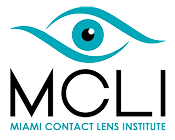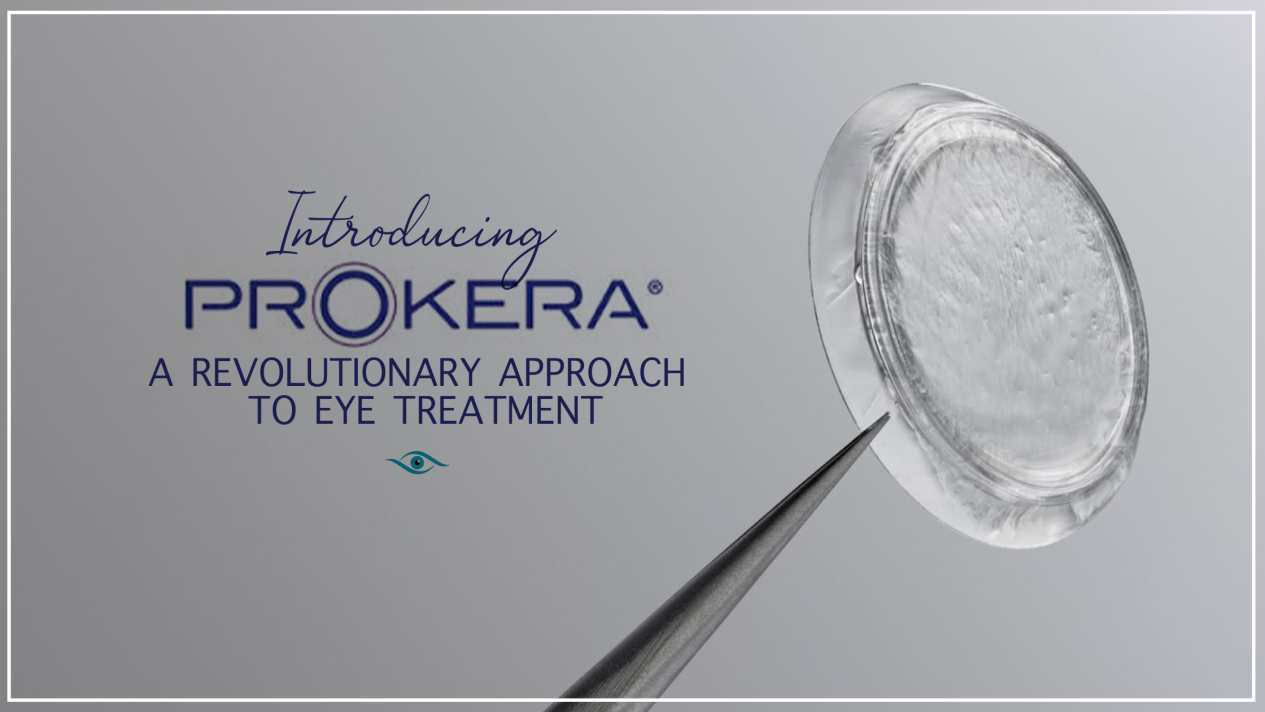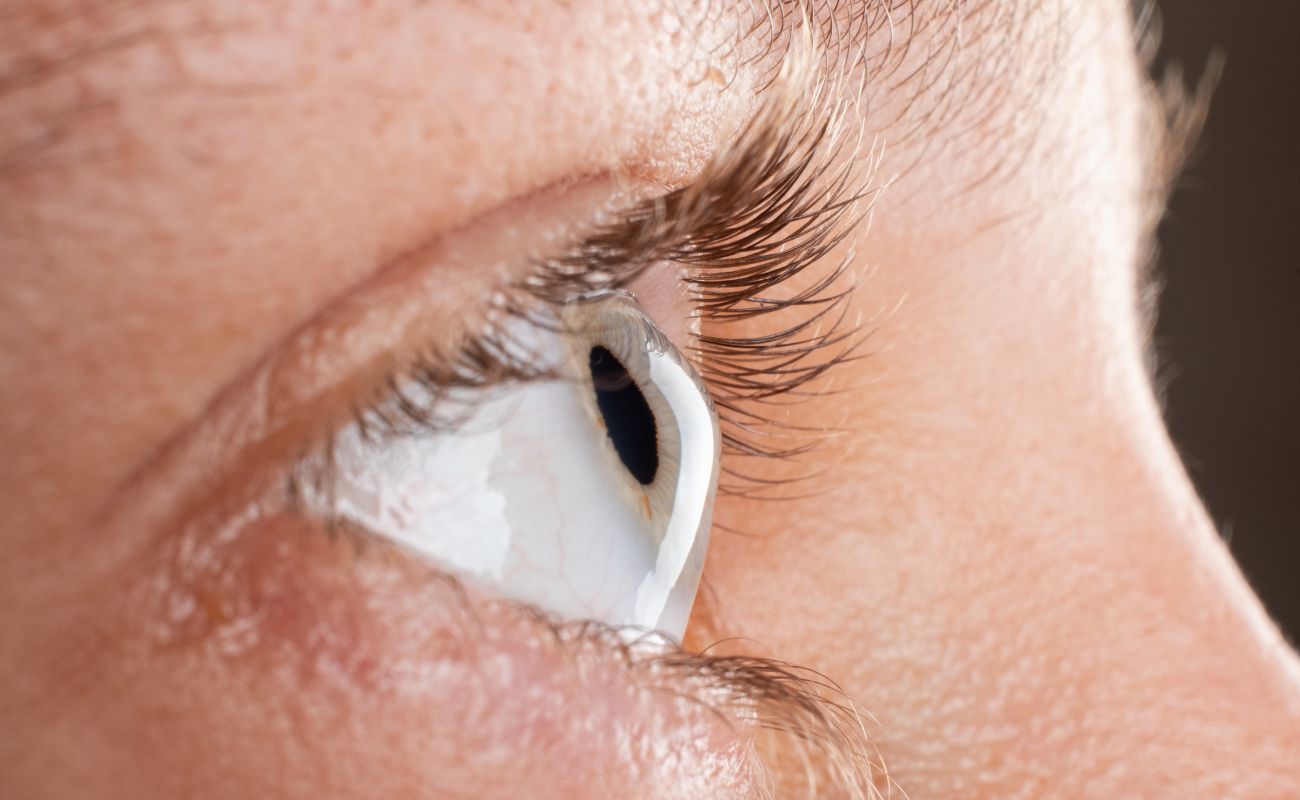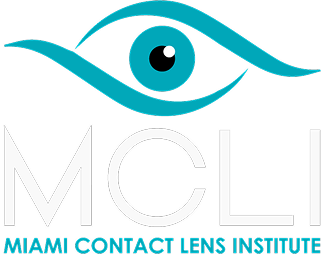Dr. Elise Kramer appeared on Dateline Health to discuss eye health and the eye disorders you should be aware of.
Below is the transcript of Dr. Kramer's part discussing scleral lens:
Fred Lippman: Dr. Kramer you are a contact lensspecialist and an optometrist obviouslyso tell me about your field of activityDr. Kramer:I'm also very sub-specialized Ispecialize in anterior segment diseasedry eye and I specialize in designingcontact lenses so what that means is youwere talking a lot about you knowpatients buying things onlinethis is not what we do we don't sellcontact lenses so really design them forpatients some patients can't wearcontact lenses regular lenses that youcan buy on the market they can't wearglasses because they can't see with thembecause they have very irregular shapedcorneas they have irregularities intheir eyes either because they were bornthat way they've developed a diseasethey've done surgery in the past andthey end up with something that theycan't wear normal contact lenses or theycan't wear glasses and see properly sowhat we do is we design contact lensesfor these patients based on the shape oftheir eye the shape of their cornea andevery lens that we design is completelyunique and individualize for the patientthat we're treating doctor Dan wastalking about a condition like neurotrophic cartography in which patientsdon't feel that their eyes are very drybecause they've had you knowcranial nerve palsy so in those caseswhat we do is we design what's calledthe scleral lens and the scleral lens isvery specialized type of lens thatdoesn't sit on the cornea which is thetransparent layer on the front surfaceof the eye actually sits on the whitepart of the eye and it's filled withliquid and that liquid can restore andprotect the ocular surface and and sonot only do we correct vision with thesespecial types of contact lenses but wecan also protect the ocular surface andrestore it for when it's been damagedfrom disease or previous surgery and sowe have a whole host of dry eyetreatments as well that we do in theoffice and so we really focus on thatour patients who come to us many of themare referred from other optometrists whodon't do this type of work or fromophthalmologists and we work as a teamand just like dr. Dan was mentioningwith anesthesiologists we work as a teamwith other doctors to provide you knowspecialized contact lenses or treatmentsto help in these refractory cases let meask yousimplex the question as I can hear fromthe audience right now if if it's notsomething that is already pre stoppedyou know whatever it might be and theyhave to be customized who actually doesthe manufacturing and the customizationwhat is there a special venue that isit's not obviously not done in youroffice so that's a very good questionand I explained this to patients on aregular basis basically I compared a lotto having an irregularly shaped foot andtrying to buy a pair of shoes so if apatient if someone wants to buy shoesbut their foot is shaped weird theycan't necessarily go to any departmentstore and buy a pair of shoes off theshelf because they'll be veryuncomfortable they may have pain theywon't be able to walk and so we designlike a special shoe for the specificshape of this person's foot it's verysimilar if they they can't buy regularcontact lens online because it won't fitproperlythey'll be uncomfortable they may havepain they won't see well and so in thosecases they come to us we take a lot ofdifferent measurements measurements thatare not done in regular optometryoffices we measure the front surface ofthe cornea we measure the sclera whichis the white part of the eye we dospecialty refractions and we havediagnostic lenses in the office that weput on the eye it's like if you aregetting a custom suit made you go to asuit store they put a suit on you andthey they tailor it to the shape of yourbody it's a very similar so we havediagnostic lenses in the office that weput in our patients eyes and then we useall that information and we have variouslabs that we work with most of them arelocated in the US and we share thatinformation with the lab and they sendus the product now when we receive thatproduct we put it on our patients andthen make further changes a lot of thetime many times these lenses have to betweaked until we finalize them whenwe've reached that point where no morechanges have to be made but it's aprocessand a lot of the time it's very worth itfor our patients I would assume it'syour take your capabilities yourtechniques within your practice thatenables you to take what is sent to youfrom these specialized labs and then inin essence finesse the product for thecomfort of your patient exactly couldn'thave said it better myself that's aweapon that's exactly how it happens wewe oftentimes we request something itcomes back well when we put it ondoesn't fit quite as as we wanted it toor there's still some room forimprovement and so then we further tweakit it's happened before that it's youknow the first time it just works but Iwould say that most of this time we dohave to make further changes right dr.Dan we're back to you you mentioned






